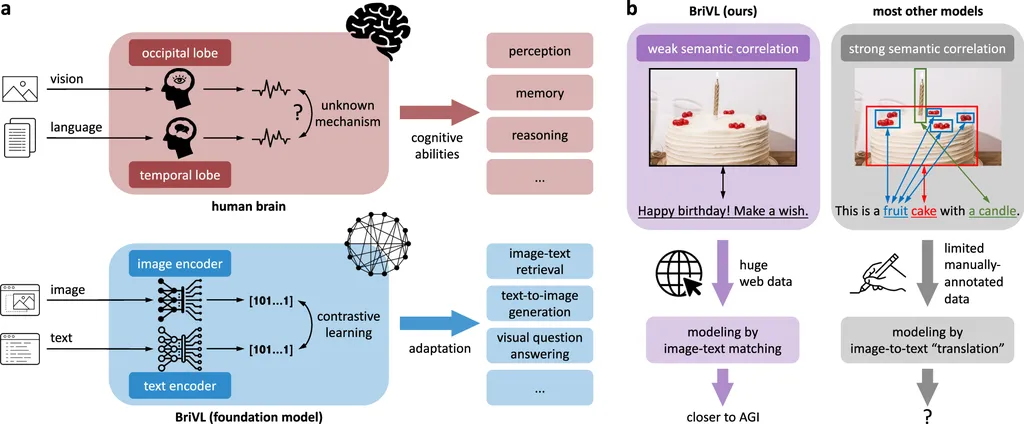In the realm of energy research, a team of scientists from the University of Science and Technology of China, led by Xiaohan Wang, has developed a novel approach to improve the generalization of multi-modal machine learning models. Their work, titled “Modality-Balanced Collaborative Distillation for Multi-Modal Domain Generalization,” addresses a critical challenge in applying machine learning to diverse and complex energy systems.
The researchers have identified a significant issue with Weight Averaging (WA), a technique used to enhance model generalization by promoting convergence to a flat loss landscape. When applied to multi-modal domain generalization (MMDG), WA can overfit to faster-converging modalities, suppressing the contribution of slower yet complementary ones. This imbalance hinders effective modality fusion and skews the loss surface toward sharper, less generalizable minima.
To overcome these challenges, the team proposes MBCD, a unified collaborative distillation framework. MBCD retains WA’s flatness-inducing advantages while addressing its shortcomings in multi-modal contexts. The framework begins with adaptive modality dropout in the student model to prevent early-stage bias toward dominant modalities. A gradient consistency constraint then aligns learning signals between uni-modal branches and the fused representation, encouraging coordinated and smoother optimization. Finally, a WA-based teacher conducts cross-modal distillation by transferring fused knowledge to each uni-modal branch, strengthening cross-modal interactions and steering convergence toward flatter solutions.
The practical applications of this research for the energy sector are substantial. Multi-modal machine learning models are increasingly used in energy systems for tasks such as predictive maintenance, load forecasting, and renewable energy integration. These models often need to generalize across different domains, such as varying weather conditions, grid configurations, or operational states. MBCD can enhance the robustness and accuracy of these models, leading to more reliable and efficient energy systems.
The research was published in the Proceedings of the IEEE/CVF Conference on Computer Vision and Pattern Recognition, a prestigious venue for cutting-edge work in machine learning and computer vision. The team’s extensive experiments on MMDG benchmarks demonstrate that MBCD consistently outperforms existing methods, achieving superior accuracy and robustness across diverse unseen domains. This work represents a significant step forward in the development of more effective and reliable machine learning models for the energy industry.
This article is based on research available at arXiv.

